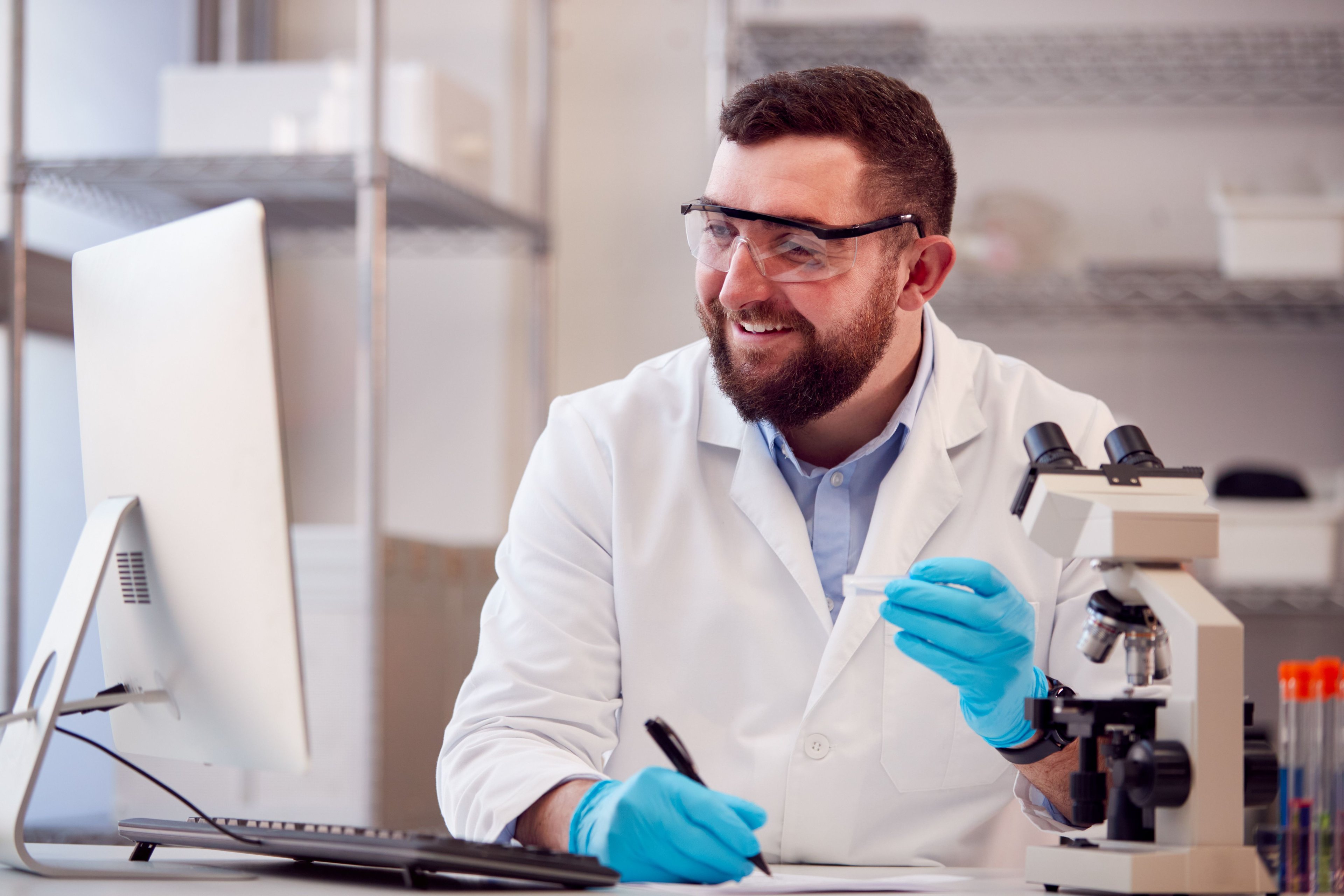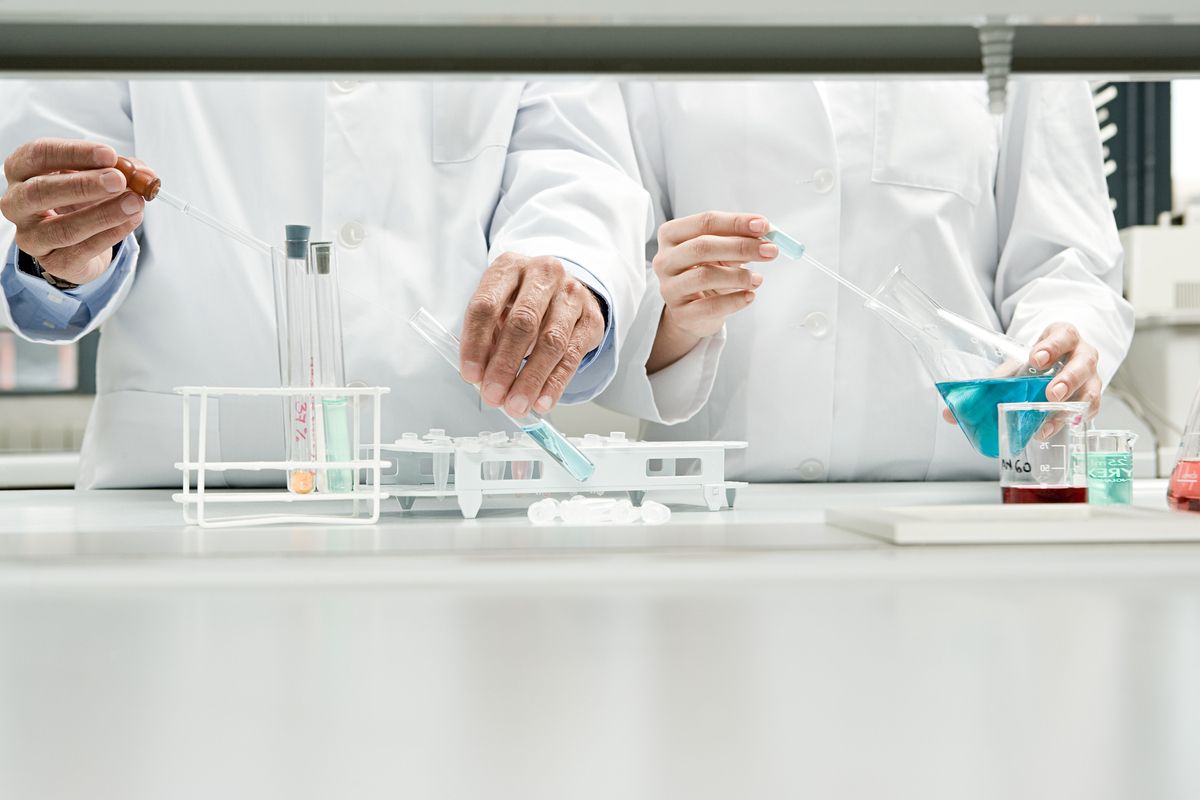Isis Pharmaceuticals (ISIS 1.74%) reported first-quarter earnings today, but the report and conference call were less about the numbers than about Isis' pipeline. Kynamro, Isis' only approved drug, didn't even get a mention in the press release until the "About Isis" section at the end of the release. The drug is sold by partner Sanofi (SNY +1.25%), which still isn't releasing sales figures.
For the record, Isis reported $65 million in revenue, resulting in a net loss of $16.7 million, but that's not very useful for determining Isis' health since it includes amortized payments that were received quarters ago. The key number to watch is Isis' cash position, which sits at $695 million. The company has guided to end the year with more than $630 million in cash, but that'll probably get increased since Isis already announced that it's achieved $195 million in milestone payments this year but hasn't received $100 million of that amount yet.
New partners
Isis has set up two partnerships this year with Johnson & Johnson (JNJ +1.30%) and Bayer, but they're very different kinds of deals.
The deal with J&J, set up in January, is a discovery-stage deal to develop three drugs to treat autoimmune disorders of the gastrointestinal tract, such as Celiac disease. Isis got $35 million in upfront payments, and there's potential for nearly $800 million more in development, regulatory, and sales milestone payments and license fees for the programs. Without any drugs in the clinic yet, it'll be many years before the partnership produces an approved drug, but when it does, Isis will get double-digit royalties, on average, for the drugs.
The deal with Bayer, announced this week, is a lot closer to producing revenue. Isis licensed ISIS-FXI Rx, which Isis has already shown can reduce blood clots in patients undergoing total knee replacements in a phase 2 trial. When the deal closes, Isis will get $100 million, and Isis is due another $55 million next year, when a second phase 2 trial completes, at which time Bayer will take over development of the drug. All told, Bayer could get $375 million from Bayer plus tiered royalties in the low to high 20% range on gross profits.
The two deals really complement each other in terms of Isis' near- and long-term value. The Bayer deal provides funding for a program that would have eaten up too much of Isis' resources if it had run a phase 3 program on its own, and the strategic discovery deal with Johnson & Johnson provides potential for revenue down the line with milestone payments in the shorter term.
Pipeline
Isis has 38 drugs in development, but it's the ones the company fully owns that will provide the most upside. Isis has set up a subsidiary, Akcea Therapeutics, for its lipid drugs, including ISIS-APOCIII Rx,its most advanced wholly owned drug.
Diabetes is the other therapeutic area that Isis' investors should keep an eye on, since it owns all the drugs in that area. In February, Isis presented phase 2 data on ISIS-PTP1B Rx showing that it could lower HbA1c, a measurement of long-term blood glucose levels, more than placebo. While some diabetes drugs cause patients to gain weight -- a bad thing for diabetics -- patients taking ISIS-PTP1B Rx lost weight during the 36-week study.
Given the large number of patients required for diabetes clinical trials, Isis will probably try to find a partner for ISIS-PTP1B Rx. Data for another phase 2 program in diabetes, ISIS-GCCR Rx, is also expected this year, so perhaps it could be a package deal.







